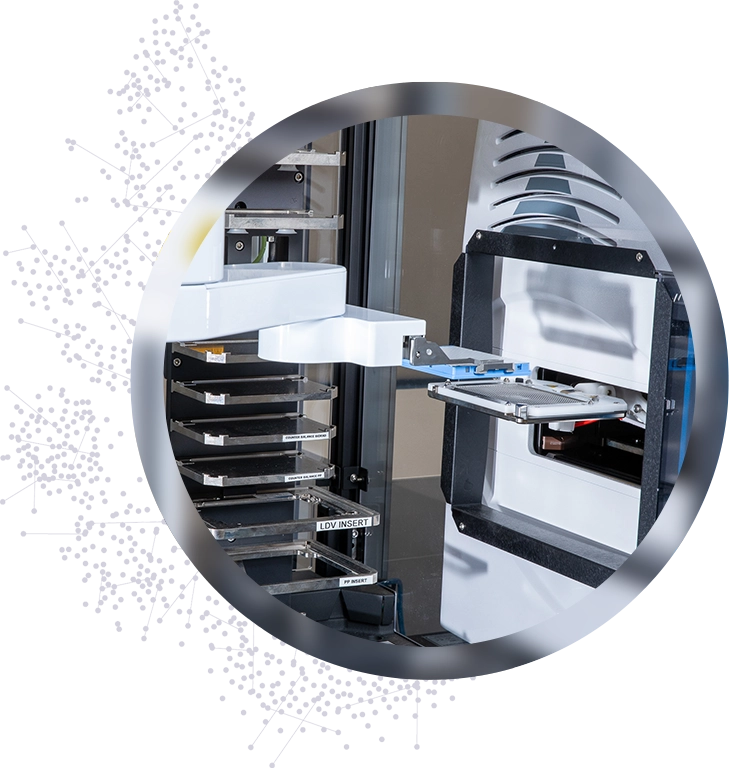Resources
Publications
Browse publications from our internal R&D team and our clients to see what insights single-cell sequencing added to their project.

- Own research
Follow us on LinkedIn to receive Science and Company Culture updates
How can we help?
Want to supercharge your project with single-cell insights?
Connect with our PhD-level scientists to discuss your biological question, timeline, sample types, and other customizations for your single-cell analysis.
